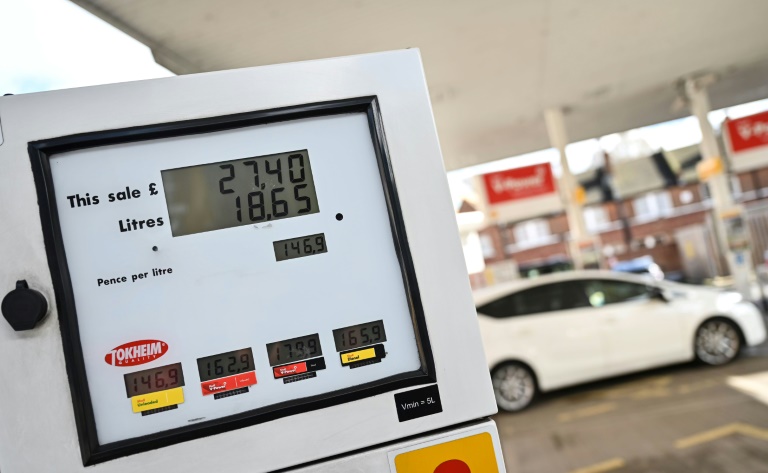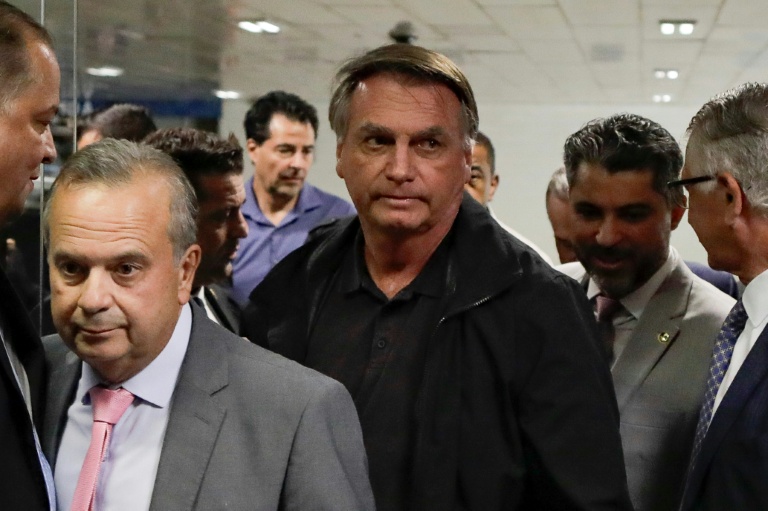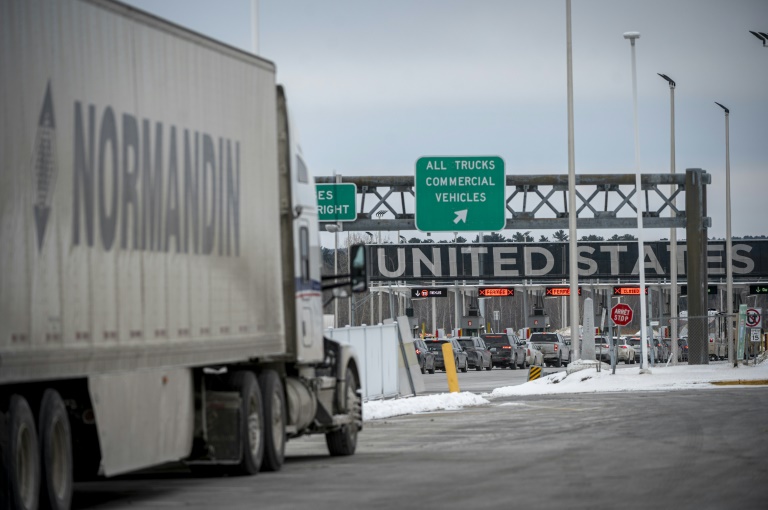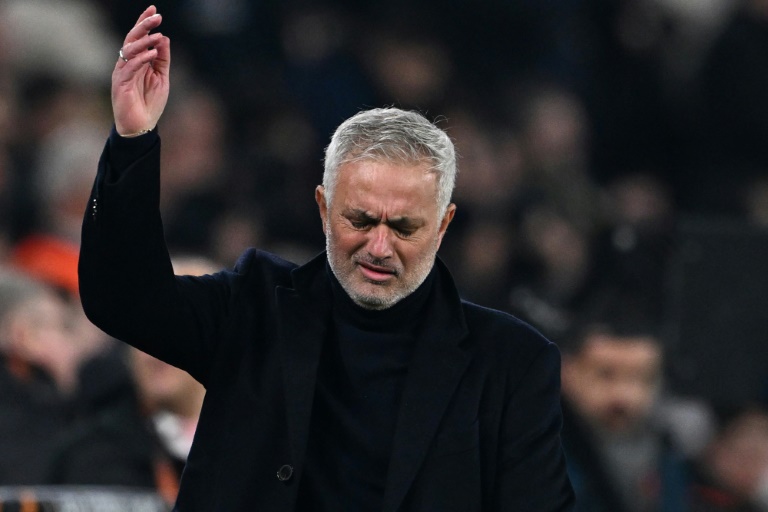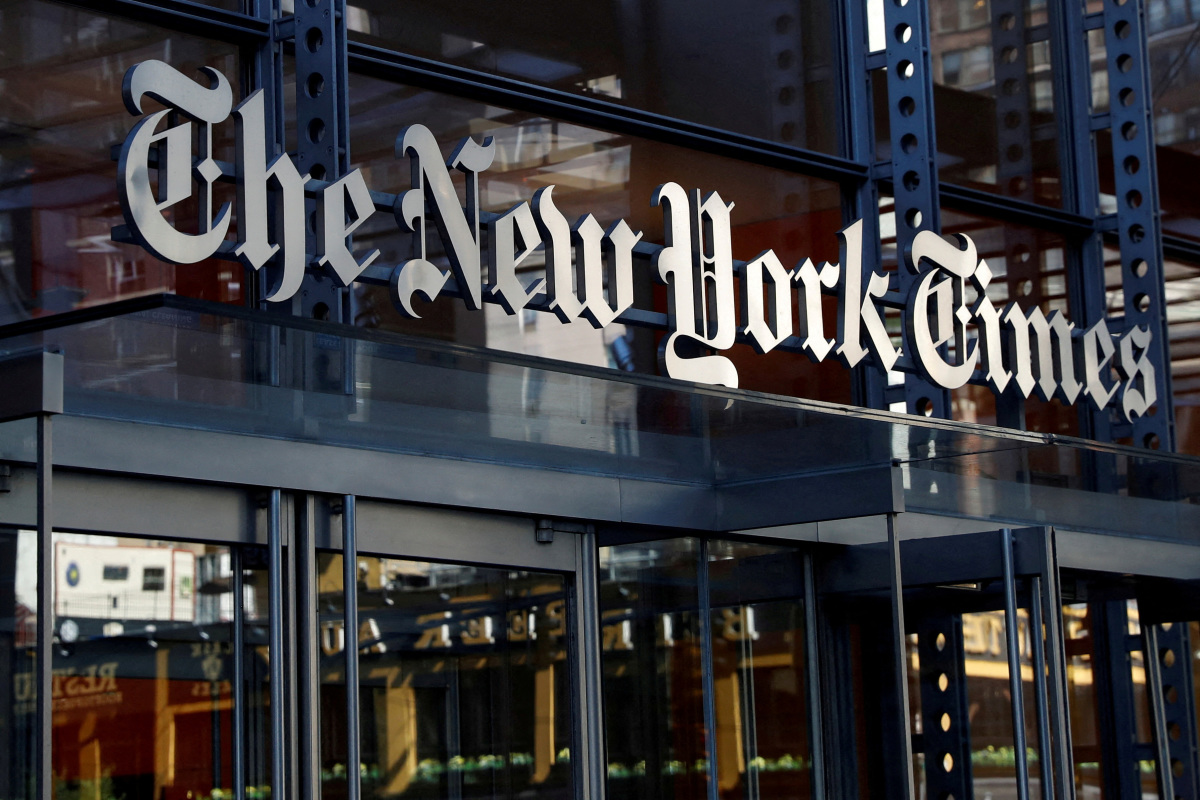British inflation remained elevated in September, official data showed Wednesday, prolonging a cost-of-living crisis and stoking fear that UK interest rates could stay higher for longer.
The Consumer Prices Index held at 6.7 percent last month, after unexpectedly slowing to the same level in August, the Office for National Statistics (ONS) said in a statement.
That dashed market predictions for a further slowdown to 6.6 percent, as easing food and drink prices were offset by higher energy costs.
The gloomy news came one day after upbeat data showed that UK wage growth was outstripping inflation for the first time in almost two years.
Inflation has sunk from a 41-year peak of 11.1 percent in October 2022, helped by a series of rate hikes from the Bank of England (BoE).
Yet Britain still faces a cost-of-living crisis, with inflation remaining at the highest level in the G7 grouping of rich nations, although Japan has yet to report September figures.
ONS chief economist Grant Fitzner said the costs of food, non-alcoholic drinks, household appliances and air fares eased in September, but those falls were “offset” by rising prices for motor fuels and hotel stays.
Finance minister Jeremy Hunt insisted that UK inflation remained on a downward path in the longer term.
“As we have seen across other G7 countries, inflation rarely falls in a straight line, but if we stick to our plan then we still expect it to keep falling this year,” he said.
However, inflation is still running at more than three times the BoE’s target level of two percent despite the central bank’s aggressive rate-hiking campaign which started in late 2021.
The BoE left its key rate unchanged at 5.25 percent last month, snapping 14 straight hikes after inflation unexpectedly slowed in August from 6.8 percent in July.
Wednesday’s data fuelled worries that the central bank will have to remain on guard, particularly as oil prices spike once more on the Israel-Hamas conflict in the crude-rich Middle East.
“Inflation is staying obstinately high in the UK, adding fuel to fears that interest rates will have to stay in an elevated position,” said Susannah Streeter, head of money and markets at stockbroker Hargreaves Lansdown.
“An unwelcome combination of worries about a worsening situation in the Middle East and concerns about high interest rates settling in, is unsettling investors.”
Victoria Scholar, head of investment at trading firm Interactive Investor, warned that the BoE could even be forced to hike again.
“Inflation is proving to be stickier than hoped,” Scholar said.
“Further increases in oil prices could derail inflation’s path back down towards more normal levels and could also potentially pave the way for further monetary tightening.”
KPMG chief economist Yael Selfin predicted inflation to slow further despite the threat posed by high energy prices.
“Energy prices have re-emerged as an upside risk to inflation. Crude oil prices are up by over 20 percent since June, while UK gas prices are the highest since February,” Selfin noted.

